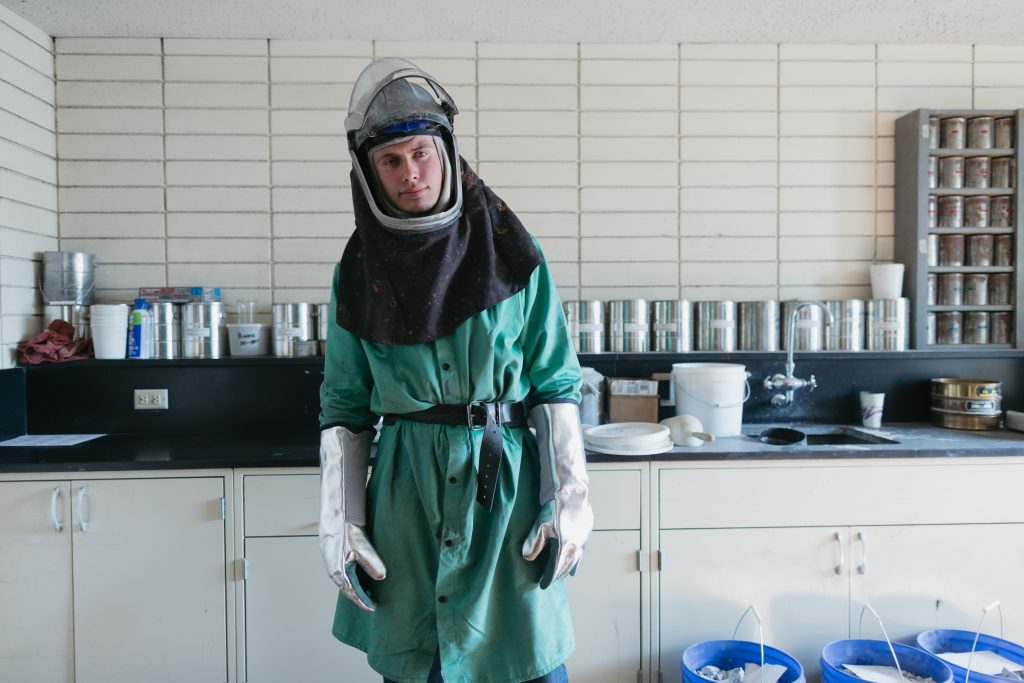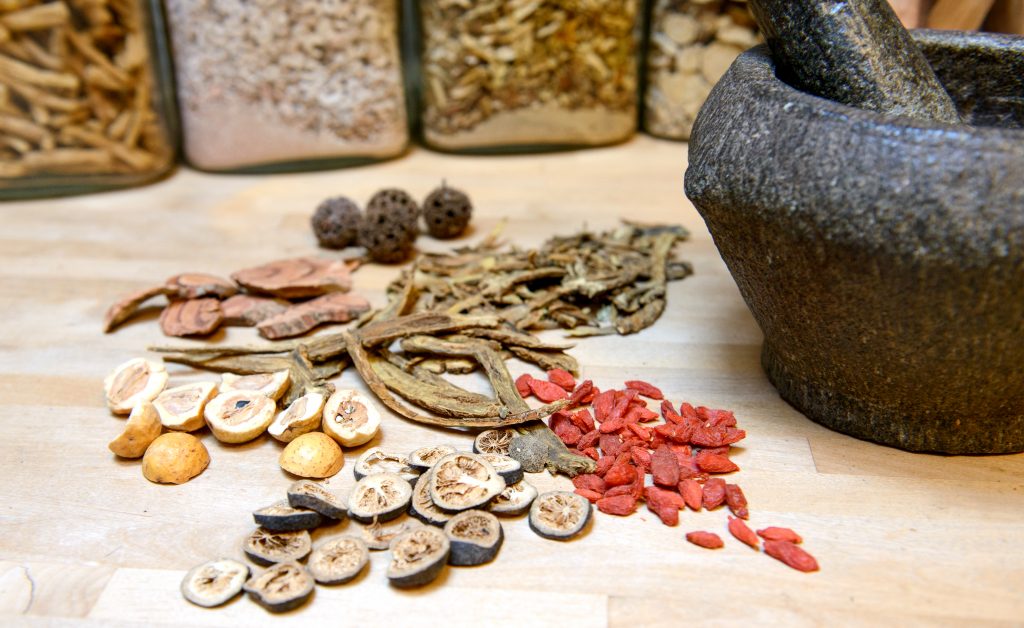Subscribe to the Newsletter
If you are interested in understanding how Traditional Chinese Medicine can improve your life sign up to my newsletter for the latest updates.

Nasty, smelly, yellow powders, bits of wood, twigs, leaves and grasses that you wouldn’t even smoke?
Safety?
You Joke? Well … No.

In November 2000 a House of Lords (UK Parliament) committee on Complementary and Alternative Medicine produced a report. This, in effect, approved wholeheartedly of five therapies:
For a variety of reasons, probably based on the fact that they had an incomplete understanding of it, Chinese Herbal medicine was given a lower rating regarding Chinese herb safety concerns.
Some of the original authors of the report, having seen more of it, are now inclined to elevate Chinese Herbal Medicine to the same status as Acupuncture.
Concerning Chinese Herb Safety in medicine, an article in the Journal of Traditional Chinese Medicine in 1987 gave the following statistics:
Since then, China’s export of herbs has increased steadily to practitioners all over the world.
Some practitioners prescribe many tons of herbs annually, with nothing but benefit for their patients.
As in so many other areas of life, a very small number of Chinese herb safety cases have given it a bad name.
If the same criteria were applied to Western Medicine, possibly nobody would ever visit a Western, orthodox, hospital again. See the report at https://www.wddty.com/magazine/2005/march/other-iatrogenic-disorders.html.
The difference is that we are unused to Chinese Medicine and suspicious of it, hence our Chinese herb safety worries!
In addition, manufacturers of orthodox medication fear that their market is shrinking because of these competing medicines. So they lobby for more control so that they can first patent and then profit from drugs equivalent in action to the herbs in question.
There are two main Chinese herb safety concerns.

Safety concerns here? Our advice is as follows.
If you experience adverse symptoms after taking Chinese herbs as prescribed, stop taking the herbs and consult your herbalist.
The symptoms we mean are:
Basically, if the herbs come from responsible importers who know their sources and check their products properly, then there should be no Chinese herb safety concerns with toxicity when someone appropriately qualified prescribes them.
Chinese doctors have used herbs for thousands of years. They are inherently safe for nearly everyone! That’s assuming the prescriber gave them based on a proper case history and diagnosis.
However, just as some individuals have reactions to Western medications, eg penicillin, so do some people react idiosyncratically to individual Chinese herbs.
It is therefore sensible to start with less than the recommended full dosage and work up gradually so that any adjustments can be made.
Don’t confuse sensitivity with the fact that Chinese herbs do make changes in the body. It is not uncommon to have digestive changes when first adjusting to herbs.
These should be noted and if in any doubt, ring your practitioner.

Stay in Touch!
No spam, only notifications about new articles and updates.

Book a Video consultation if you want to know more about your symptoms

This Introductory Chinese medicine course introduces you to the amazing thinking behind this ancient medicine, now increasingly in demand.

The Scottish College for Chinese medicine provides introductory courses for all, explaining Chinese medicine and its cultural background.

Master Tung’s acupuncture is a hidden treasure, lost to China but recovered in Taiwan from where it spread round the world.

Knee pain has five main causes. It’s certainly worth trying acupuncture before you resort to surgery!
Subscribe to the Newsletter
If you are interested in understanding how Traditional Chinese Medicine can improve your life sign up to my newsletter for the latest updates.
Subscribe to the Newsletter
If you are interested in understanding how Traditional Chinese Medicine can improve your life sign up to my newsletter for the latest updates.